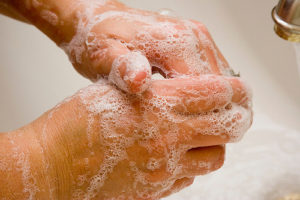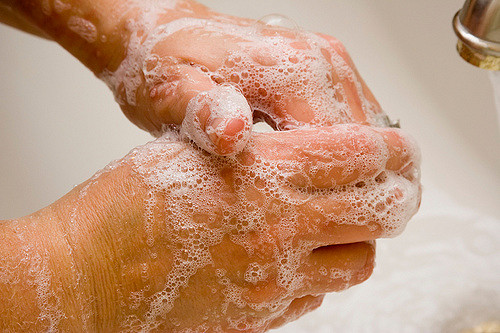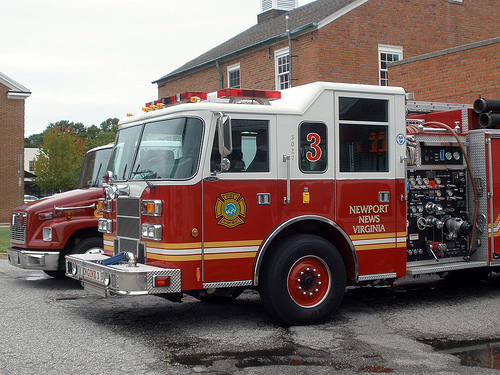
You can’t turn on the television news lately without hearing about the flu epidemic. The seasonal flu seems to be a particularly strong virus this year. Here’s some useful information from the Center for Disease Control about how you can protect yourself from the flu and how to treat yourself and your host children should you get sick.
It is NOT too late to get a Flu Vaccine. Au Pair insurance does not cover immunizations, but there are lots of places to get flu shots for $30 or less. Check your local health department or stores with a pharmacy such as CVS, Target and Walgreens. If a host family is insisting that their au pair get a seasonal flu shot and she agrees to get it, the host family would be responsible for the expense.
An Ounce of Prevention
There are steps you can take in your daily life to help protect you from getting the flu.
- Wash your hands often with soap and water or an alcohol-based hand sanitizer
- Avoid touching your eyes, nose, or mouth. Germs spread this way.
- Try to avoid close contact with sick people
- Practice good health habits. Get plenty of sleep and exercise, manage your stress, drink plenty of fluids, and eat healthy food
- Cover your nose and mouth with a tissue when you cough or sneeze. Throw the tissue in the trash after you use it
- If you are sick with flu-like illness, stay home for at least 24 hours after your fever is gone without the use of fever reducing medicine.
Symptoms of the Flu
The flu and the common cold have similar symptoms. It can be difficult to tell the difference between them. Your healthcare provider can give you a test within the first few days of your illness to determine whether or not you have the flu.
In general, the flu is worse than the common cold. Symptoms such as fever, body aches, tiredness, and cough are more common and intense with the flu.
Flu symptoms include:
- A 100oF or higher fever or feeling feverish (not everyone with the flu has a fever)
- A cough and/or sore throat
- A runny or stuffy nose
- Headaches and/or body aches
- Chills
- Fatigue
- Nausea, vomiting, and/or diarrhea (most common in children)
Treating the Flu
You can treat flu symptoms without medication by:
- Getting plenty of rest
- Drinking clear fluids like water, broth, sports drinks, or electrolyte beverages to prevent becoming dehydrated
- Placing a cool, damp washcloth on your forehead, arms, and legs to reduce discomfort associated with a fever
- Putting a humidifier in your room to make breathing easier
- Gargling salt water (1:1 ratio warm water to salt) to soothe a sore throat
- Covering up with a warm blanket to calm chills
Children are at higher risk for getting the flu because their immune systems are not fully developed. If your host child gets sick, always ask your host parents before giving any medications to the children. There are strict guidelines for dosages and they MUST be followed. Never give aspirin to children or teenagers who have the flu. Giving aspirin to children with the flu can cause a rare but serious illness called Reye’s Syndrome. Read ingredient labels on over-the-counter medications carefully to ensure they do not contain aspirin.
Photo: Arlington County
SaveSaveSaveSave
SaveSave


 Here’s some useful information from the Center for Disease Control about how you can protect yourself from the flu and how to treat yourself and your host children should you get sick.
Here’s some useful information from the Center for Disease Control about how you can protect yourself from the flu and how to treat yourself and your host children should you get sick.



